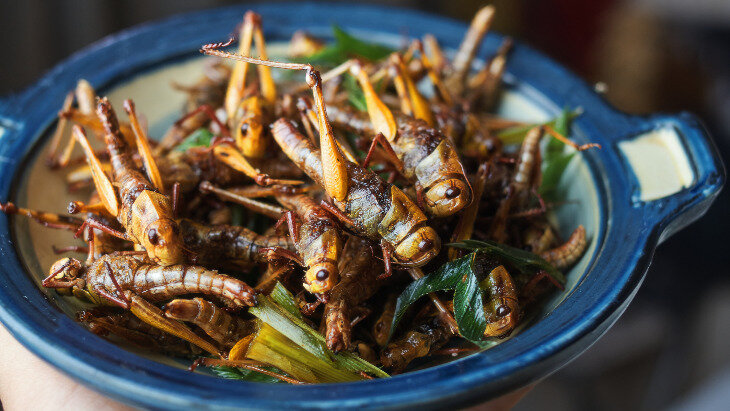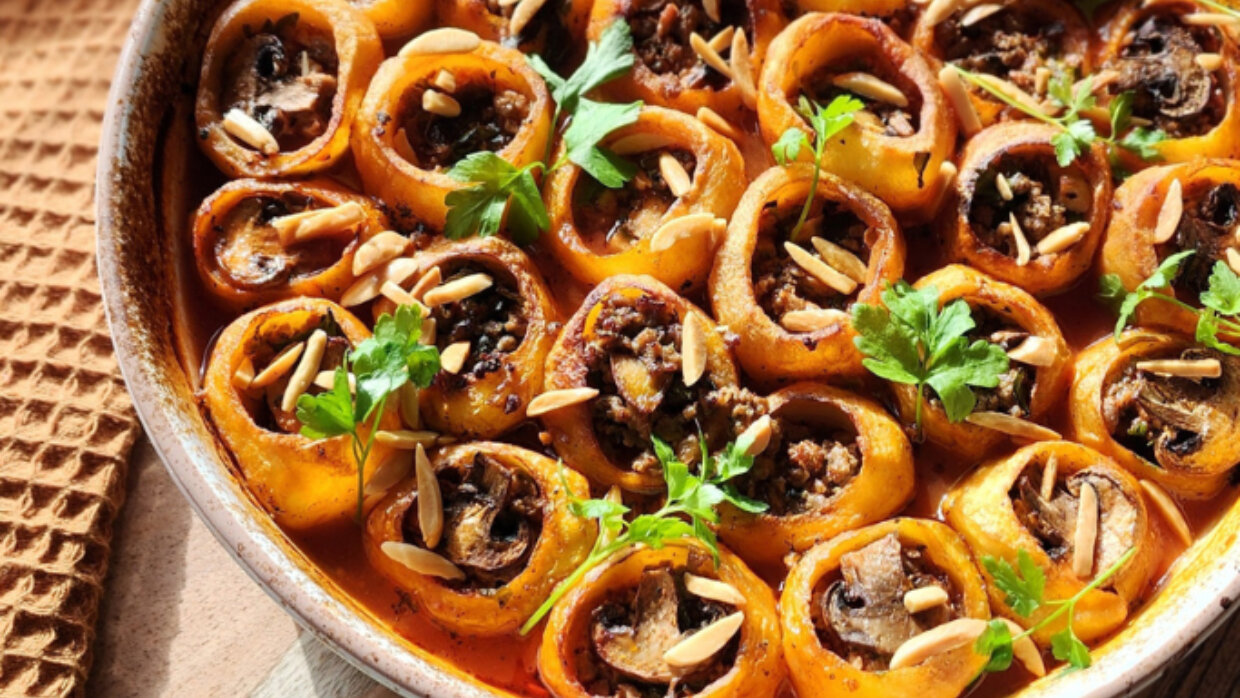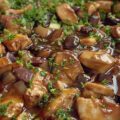Bugs.
They’re not usually the thing you think about eating.
If you think about bugs at all, you’re probably thinking about keeping them out of your food.
At least that’s the norm in Western culture, where bugs are relentlessly banished from our premises and have no place in our kitchen or on our plates. However, in many cultures around the world, bugs and insects play a role in people’s diets and cuisine, from sources of protein to occasional snacks, from fried scorpions to chocolate-covered ants.
View this post on Instagram
But what does Judaism say about eating bugs?
For the most part, it’s prohibited. In fact, the Torah mentions the prohibition against eating insects five different times, making sure to make it very clear that they are just as unkosher as pig and shellfish, a fact many people are not aware of.
The challenge with avoiding bugs, however, is their size. Many bugs are tiny and barely visible and can easily go undetected in the folds and creases of certain vegetables, especially leafy greens, or in between grains and legumes, like rice and beans. That’s why Jewish law requires a process of washing and checking all foods that have a good chance of containing bugs.
I know for myself that on many occasions I have found bugs during the checking process, especially in foods like lettuce and broccoli, where there are all kinds of places for the bugs to hide. I’ve even found a worm or two over the years inside of dates. That’s why I always open them up first to check, because you never know.
And while this does add time to the food preparation process, for someone who keeps kosher, it’s as important as making sure they didn’t buy ham by accident at the supermarket.
That’s why there are some agricultural companies, specifically in Israel, that have developed ways of growing vegetables, especially lettuce and other greens, that are certified bug-free. This makes it easier for the consumer and probably adds more healthy food to the diet of those who might not want to be bothered by the checking process.
But with all the stigma against bugs in Judaism, the truth is that there actually are insects that are permissible to eat according to Jewish law.
The rabbis of the Talmud identified eight kosher species of insects, including locusts, grasshoppers, and crickets. So, then, why haven’t you seen these bugs being served at any synagogue event or Shabbat dinner? Besides the fact that most people aren’t interested in eating bugs, even if they’re kosher, the Ashkenazi world lost the tradition of identifying which exact species are kosher. And, as we know, tradition is very important.
That being said, certain communities in the Sephardic world, specifically from Morocco and Yemen, do have this tradition intact and therefore, if they wanted to, would be permitted to eat the kosher species of bugs. But I personally have never seen a Sephardic Jew snacking on a grasshopper.
That might start to change, however.
While most people in Western countries still have a very negative attitude towards eating bugs, there are benefits to eating them. One is health-related, as grasshoppers contain 70% protein as well as all essential amino acids, minerals our bodies need, and no cholesterol or saturated fat.
Another benefit is ecological. With the growing concerns about the detrimental impact of raising animals for food on the environment, its contribution to climate change, as well as the cruelty experienced by the animals themselves, insects can serve as a preferred alternative. Raising them for food is much less resource-intensive than traditional animal agriculture. To produce one kilo of protein from grasshoppers, as compared to one kilo of protein from beef, uses 1000 times less water, 1500 times less land and releases 98% less greenhouse emissions.
With grasshoppers and other similar insects creating strong competition for the traditional sources of protein, they may one day make an entry into the diets of Western countries. And there are companies already working to make that monumental shift happen.
Truth is there are already products like energy bars on the market in the U.S. that contain cricket powder. You can even purchase cricket powder on Amazon. But for those who keep kosher, these products are still off limits as no major kosher-certifying organization will give their stamp of approval. But if that hurdle can be overcome, and some say it will, then these products might find their way into kosher supermarkets and restaurants as well.
As someone who cares about sustainability and providing food security for our world’s growing population, I can appreciate the role these food items can play in a future global food market. However, being vegan, I don’t see myself personally participating in that future.
Sometimes people ask me if I would eat grasshoppers if they received the proper kosher certification. I tell them, politely, that I’ll stick to my rice and beans.
After checking them for bugs, of course.















